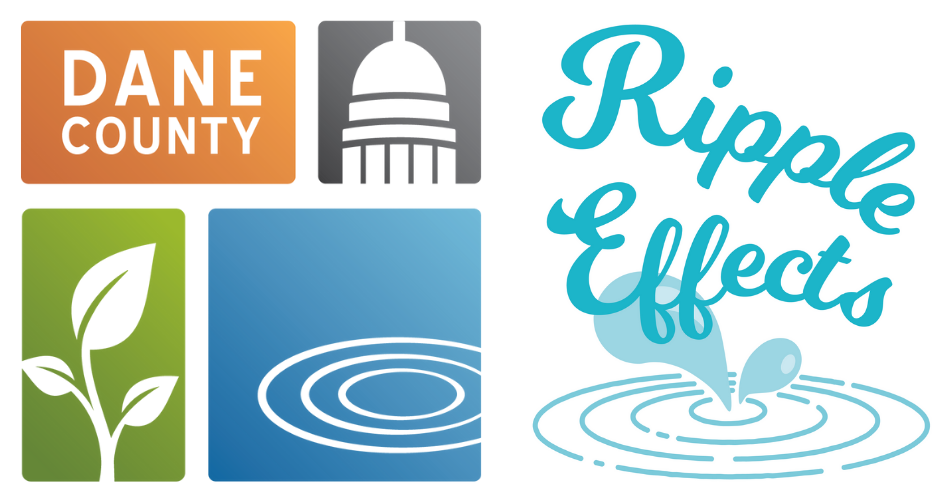Animal Waste
Animal waste that enters our waterways can degrade water quality and threaten human health. Pet waste can transmit bacteria and viruses including tapeworm, roundworm, E. coli, Parvo, and more. Below are some tips to follow to help keep area waters safe.
Pets
- Clean up pet waste. Nutrients and bacteria from cats and dogs may wash toward lakes and streams.
- Bury pet waste in the yard, a specially designed pet waste composter, or put it in the garbage.
- Never put pet waste in or near a vegetable garden or in a compost pile that will be used in the vegetable garden.
Geese and Ducks
- Do not feed geese and ducks. It is against the law in many areas and contributes to dense numbers of birds congregating in areas they would not otherwise gather.
- If you own waterfront property, plant a native buffer on the shoreline. Waterfowl instinctively like to be able to see the water, so plants blocking their view will deter them from congregating on your lawn and leaving droppings that can wash into the water.
